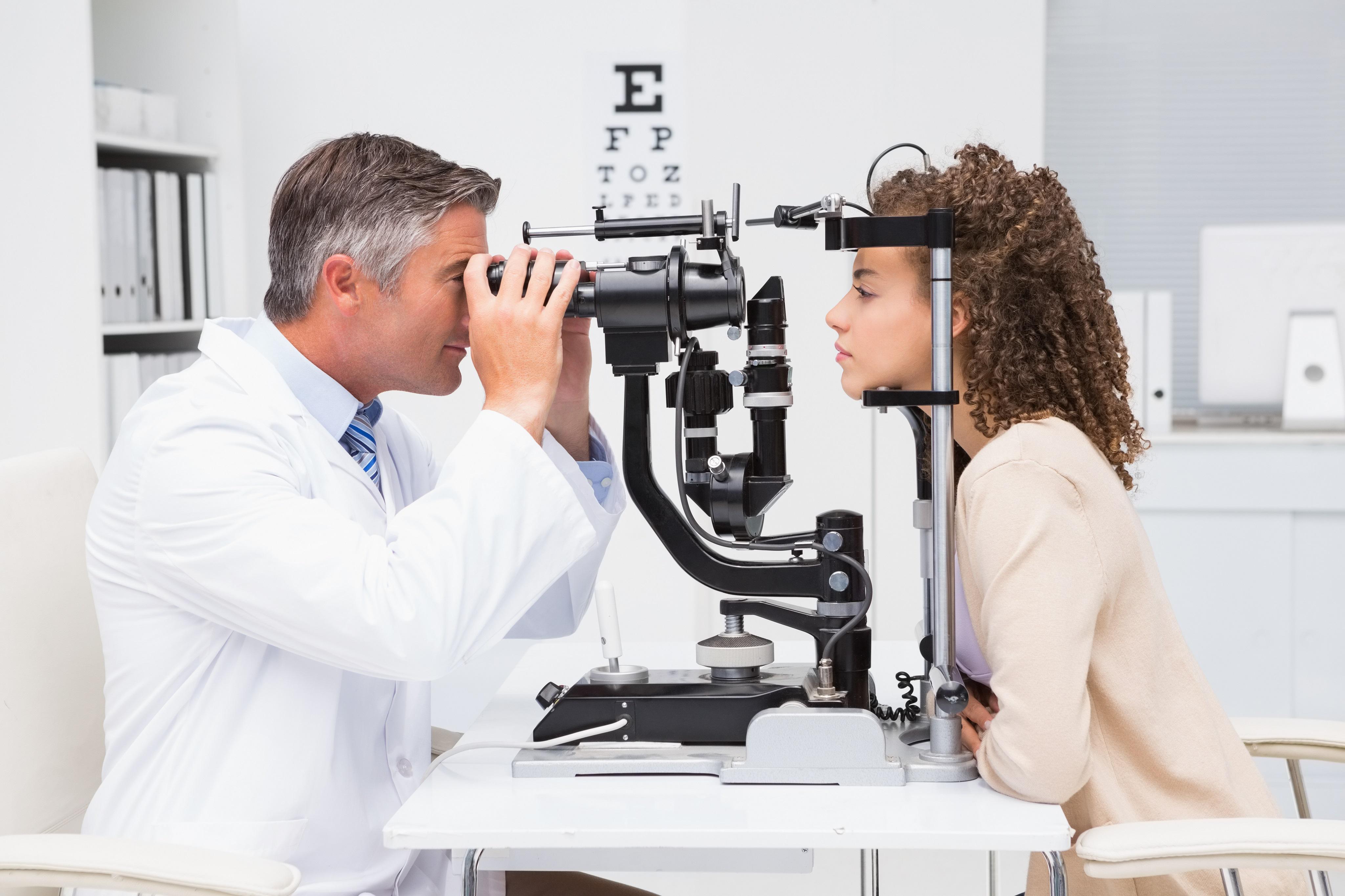All Categories
Featured
When it involves sun safety and security, most people concentrate on shielding their skin from hazardous UV rays. The results of UV radiation on your eyes are just as important however often ignored. Prolonged direct exposure to ultraviolet (UV) rays can cause different eye conditions, a few of which may lead to long-term damage or vision loss. Whether you're outdoors on a sunny beach or taking a walk on a cloudy day, understanding exactly how UV rays affect your eyes and learning just how to safeguard them is critical for keeping healthy vision.
What Are UV Rays and How Do They Impact the Eyes? UV rays are a type of invisible radiation discharged by the sunlight. There are three kinds of UV rays:
UVA Rays: These penetrate deeply right into the skin and eyes, contributing to long-lasting damage. UVB Rays: These are a lot more intense and can cause surface-level injury, such as sunburn or corneal damage. UVC Rays: These are one of the most unsafe but are taken in by the Planet's atmosphere and rarely present a straight risk. Both UVA and UVB rays can harm numerous parts of the eye, consisting of the cornea, lens, and retina.
Short-Term Results of UV Exposure. Also a brief period of extreme UV exposure can harm your eyes. A typical problem arising from this is photokeratitis, frequently referred to as "sunburn of the eye." Signs include:
Excruciating or red eyes. Sensitivity to light. Excessive tearing. Short-term blurred vision. Photokeratitis is generally momentary yet offers as a reminder of the instant threats of UV radiation.
Long-Term Impacts of UV Exposure. Collective UV direct exposure in time can bring about a number of severe eye problems, including:

Cataracts: UV rays speed up the development of cataracts, a condition where the lens of the eye becomes over cast, causing vision disability. Cataracts are a leading reason for loss of sight worldwide.
Macular Degeneration: The macula, a part of the retina in charge of main vision, can be harmed by prolonged UV exposure, raising the danger of age-related macular degeneration (AMD)
Pterygium: Typically called "web surfer's eye," this condition includes a growth of tissue on the white component of the eye, which can cross the cornea and harm vision.
Pinguecula: UV direct exposure can trigger yellowish spots to base on the conjunctiva, resulting in irritability and discomfort.
Skin Cancer Around the Eyes: The delicate skin bordering the eyes is very vulnerable to UV radiation, boosting the risk of basal and squamous cell cancer.
Protecting Your Eyes from UV Damage. Fortunately is that safeguarding your eyes from UV radiation is straightforward and efficient. Right here are some important pointers:
Use UV-Blocking Sunglasses. Pick sunglasses that block 100% of UVA and UVB rays. Look for tags indicating "UV 400" security. Wrap-around styles provide additional protection, avoiding UV rays from getting in from the sides.
Make Use Of a Wide-Brimmed Hat. A hat with a vast brim can obstruct nearly 50% of UV rays, supplying added security for your eyes and the delicate skin around them.
Stay Clear Of Height Sunlight Hours. UV rays are greatest between 10 a.m. and 4 p.m. Minimize your outside direct exposure throughout these hours, or ensure you're sufficiently secured if you need to be outdoors.
Shield Your Eyes Year-Round. UV rays exist year-round, also on gloomy or snowy days. Snow, sand, and water can mirror UV rays, intensifying their impacts. Make sunglasses a part of your everyday regimen, no matter of the season.
Take Into Consideration UV-Blocking Contact Lenses. Lots of get in touch with lenses now supply UV security, which can be an extra protect when paired with sunglasses.
Urge Eye Defense for Kids. Children's eyes are much more prone to UV damage since their lenses are more clear, enabling even more UV light to reach the retina. Guarantee they wear sunglasses and hats when playing outdoors.
Arrange Routine Eye Examinations. Normal check outs to an eye treatment expert are important for checking your eye health and wellness. An optometrist can detect very early indicators of UV-related damages and recommend remedies, such as prescription sunglasses or UV-blocking glasses tailored to your demands.
Final thought. UV rays may be unseen, yet their effect on your eye health and wellness is very actual. Bear in mind, your eyes are one of your most important possessions-- take the essential steps to protect them from hazardous UV rays today.
Latest Posts
The Benefits of Routine Vehicle Maintenance at Montclare Auto Repair Saves You Money
Choosing the Right Roofing Color: Influence On Power Effectiveness
Boost Your Home's Outside with Weathercraft's House siding Solutions
More
Latest Posts
The Benefits of Routine Vehicle Maintenance at Montclare Auto Repair Saves You Money
Choosing the Right Roofing Color: Influence On Power Effectiveness
Boost Your Home's Outside with Weathercraft's House siding Solutions